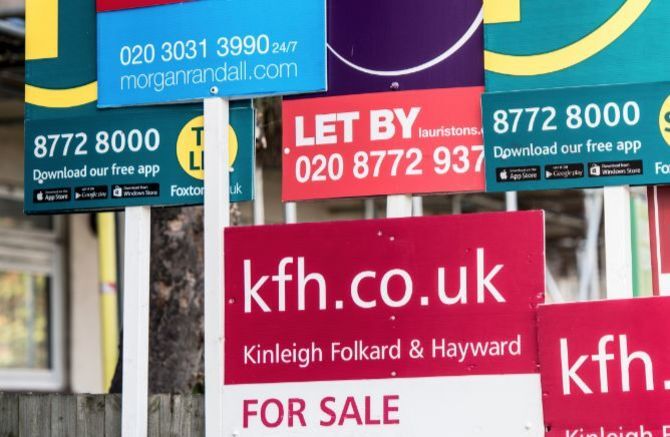The latest Nationwide Building Society index shows price falls for three months running. What is behind this stutter?
UK house prices fell for the third month in a row in May, according to the latest index from the Nationwide Building Society.
This is the first time since the fallout from the financial crisis in 2009 that the Nationwide index has recorded price falls for three months running.
The 0.2 per cent fall between April and May means that, year-on-year, the increase in house prices nationwide has dipped to 2.1 per cent, bringing the average cost of a home to £208,711 by Nationwide's method of calculation.
Robert Gardner, Nationwide’s chief economist, said: “House prices recorded their third consecutive monthly fall in May – the first time this has occurred since 2009. The annual rate of growth slowed to 2.1 per cent, the weakest in almost four years and less than half the rate it was this time last year.
“It is still early days, but this provides further evidence that the housing market is losing momentum. Moreover, this may be indicative of a wider slowdown in the household sector, though data continues to send mixed signals in this regard."
Mr Gardner said it was too early to tell if the slowdown was "merely a blip" or due to mounting affordability pressures. However, he said that the continuing shortage of properties on the market and the relatively low level of new housebuilding were likely to hold up price increases to around two per cent throughout the remainder of 2017.
The current slowdown, Mr Gardner added, was unlikely to be a reflection of uncertainty surrounding the outcome of next week's general election. "Housing market trends have not traditionally been impacted around the time of general elections. Rightly or wrongly, for most home buyers, elections are not foremost in their minds while buying or selling their home. Broader economic trends appear to dominate any immediate election-related impacts," he said.
However, some experts believe the upcoming Brexit negotiations and a rise in stamp duty fees on second homes have added to the uncertainty.
But Samuel Tombs, economist at Pantheon Macroeconomics, believes house prices will return to a “slowly rising path”. He said: “Surveys suggest supply is tightening rapidly, employment growth looks set to remain steady at about one per cent year-over-year, and mortgage rates still have scope to fall a little further. But the days of surging house prices driven by sharply rising loan-to-income ratios are gone.”
Simon French, from Panmure Gordon, added: “The slowdown (is the result of) active government policy designed to slow price growth. The main question is whether the government will stay the path or lose its nerve."
©2025 Re:locate magazine, published by Profile Locations, Spray Hill, Hastings Road, Lamberhurst, Kent TN3 8JB. All rights reserved. This publication (or any part thereof) may not be reproduced in any form without the prior written permission of Profile Locations. Profile Locations accepts no liability for the accuracy of the contents or any opinions expressed herein.







































